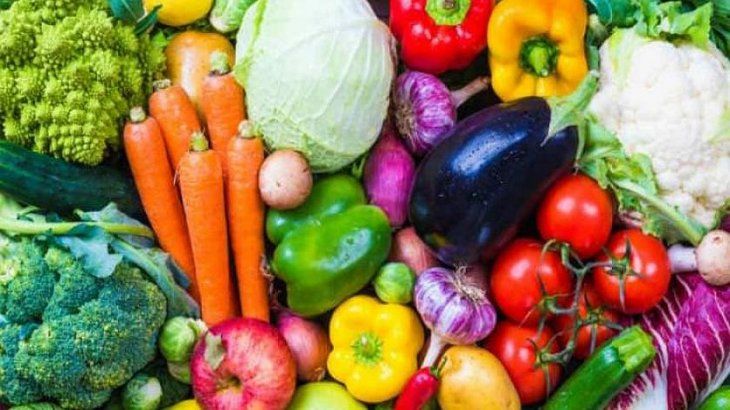Taxes do not have a good reputation: taxpayers do not like to pay them and in popular belief “they only serve to collect”. However, collection is not always the only purpose of its existence, since there are also its extra-fiscal uses. These arise as a consequence of establishing what is called “Fiscal Policy and its purposes” for each State: the satisfaction of social needs, the optimization of the allocation of public resources, the redistribution of income, the stabilization of the economy, economic development, regional promotion, and the discouragement of harmful conductamong other.
As an example of the above, we can mention the implementation of taxes or their elimination, which, depending on the case, can guide consumer spending or preferences. It can also restrict the consumption of certain unwanted goods or services, or be one of the tools to consider when it comes to attacking the general increase in prices.
Taxes.jpg
In recent weeks, news has emerged in the international arena that goes in the direction of tax changes. In Uruguay, the president Luis Lacalle Pou, after the referendum at the end of March this year on the elimination of some of the articles of the Emergency Law, seeks to reform issues related to security, education, labor relations, and other issues. In addition, fiscal measures are implemented to combat inflation, such as the freezing of the price of some products, and the elimination of VAT on others, such as flour and oil. In fact, there was already a similar measure that reduced this tax on strip roasts. It will be necessary to check if this change in the VAT affects the reduction of prices (one assumes that it does, although it is not an immediate effect).
In the Netherlands, there is a proposal with a package of measures aimed at reducing the levels of obesity in the population. The proposal includes measures that range from allowing municipalities to prohibit the opening of certain fast food establishments, to the introduction of a new tax that falls on certain products with high sugar content (“sugar tax”), and the reduction o Elimination of VAT on fruits and vegetables.
Fruits and vegetables.jpg

Veganism is not a diet, but a lifestyle
Mark
The concern is such that some promoters of these measures maintain that they should be implemented immediately, and leave some technical discussions for later, such as What should be understood as fruits and vegetables? or does it include canned? Promoters maintain that “everyone knows what fresh fruits and vegetables are”And they don’t want to wait any longer. Without discussing technical aspects, it seems a good measure to encourage the consumption of healthy products, to the detriment of others that may be harmful to health. Lower taxes to lose a few kilos!
The objective of reducing the price in the desired proportion is not always achieved. Many times it is not enough to exempt taxes so that the prices of the products go down: Even if there is no “tax debit” with the sale, the “tax credits” of the purchases cannot be taken, and this effect generates an increase in the cost of the product for the entrepreneur. Also, let us remember that Argentina had, in 2019 and for a limited period, its experience in reducing VAT to 0% for certain products of the basic basket, but that a modification to the original decree was necessary, so that the sellers of those products could give some destination to the balance in favor that was generated by their purchases by not having sales taxed by the tax.
With this we already know that taxes are not only used to collect, and now it is time to decide: Going for a run or requesting a VAT reduction on healthy foods? We could think of both.
Responsible for the UADE Tax Laboratory.
Source: Ambito




